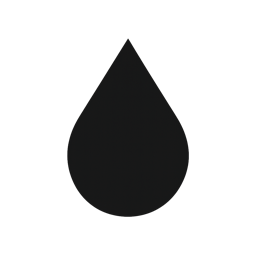About
Watercourse Way is a Salt Road artist-led program that responds to the climate and ecological crisis, creatively exploring water and its edges. Here, water is related to as an open and rippling subject matter, encompassing global bodies of water (rivers, oceans, canals, lakes, ponds, glaciers, waterfalls, streams), human and animal activities in water (bathing, drinking, swimming, washing, paddling, floating, sinking), water as a symbol for the poetic or deep mind (conscious, unconscious, subconscious), water as an opportunity for total submergence, for opening, closing, cooling, heating, freezing, melting, rippling, dripping, thundering, roaring, evaporating, threading, shifting, flowing, or stagnating…
The artistic approach is intrinsically watery; the artist embodying the wisdom of water and flow as a state of being. Taking the idea that we are nature, this project dwells within vast fields of reference; combining climate science and myth; exploring the co-production of knowledge and the fluid intersections of art and science.
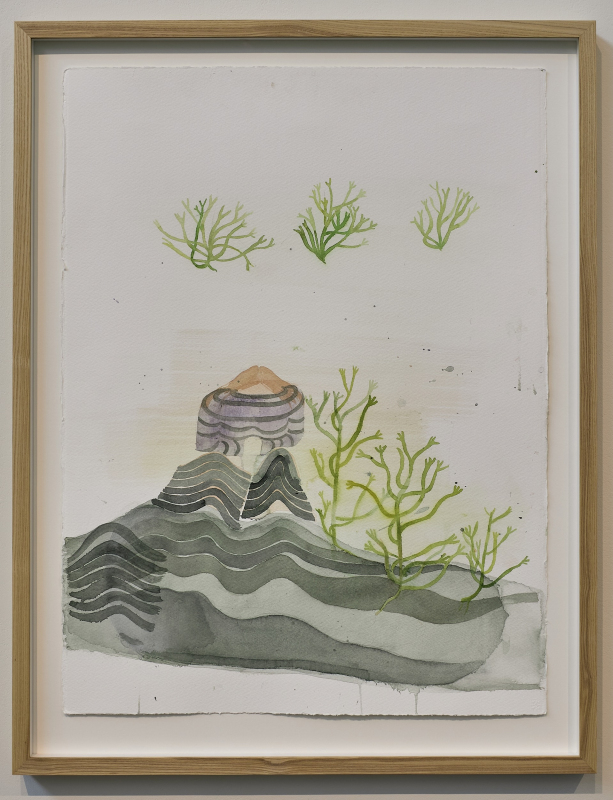
Conversations with Algae, Sally Payen, 2024, watercolour on unbleached watercolour paper, 76 x 56 cm
“To call a river alive is not to personify a river but to further deepen and widen the category of ‘life’,” Robert MacFarlane, Is a River Alive?
Program
Watercourse Way has commissioned a group of artists to collaborate with climate and ecology scientists and local communities to create new work, including artwork about the materiality of watery painting, such as watercolours, as well as moving image and dance.
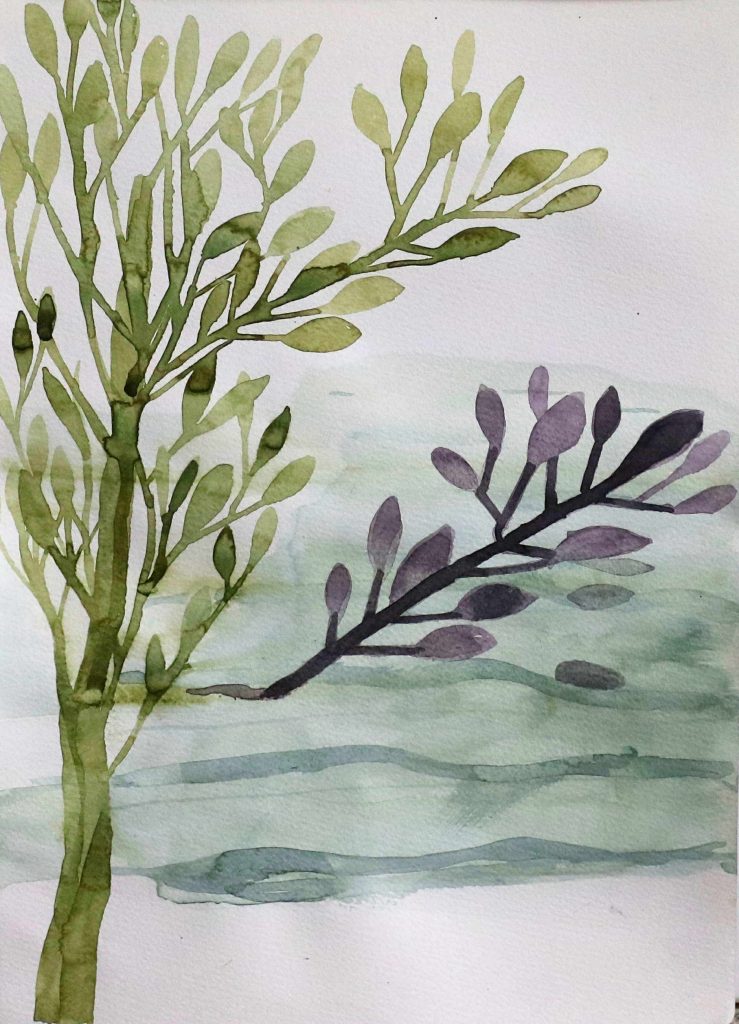
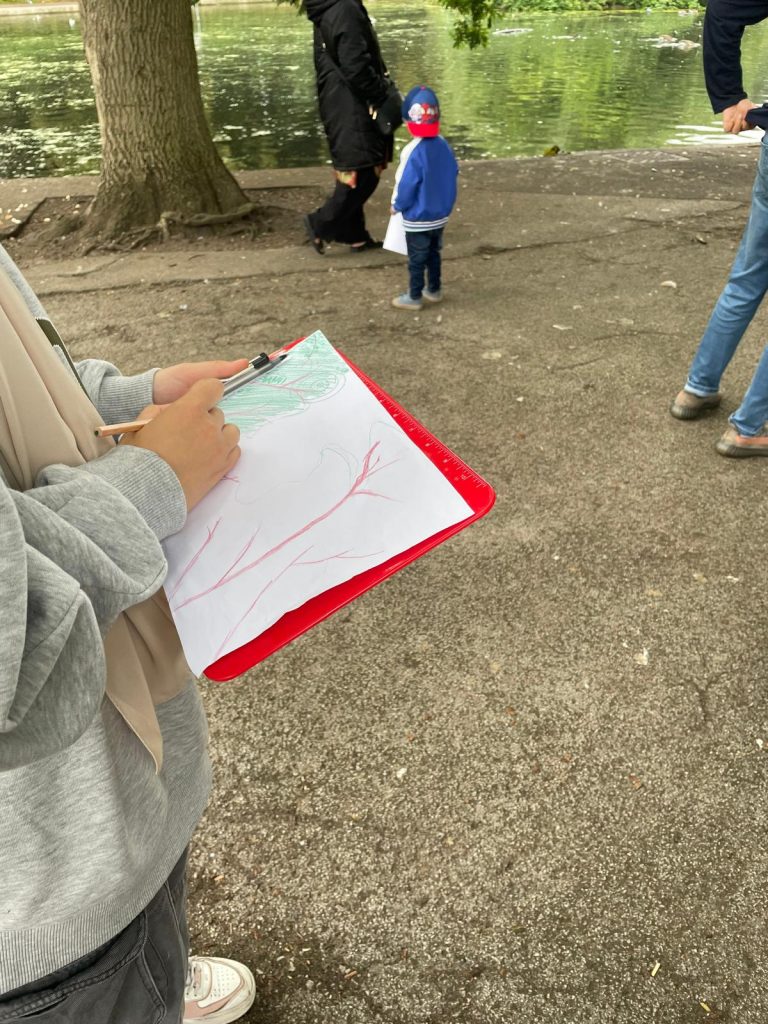
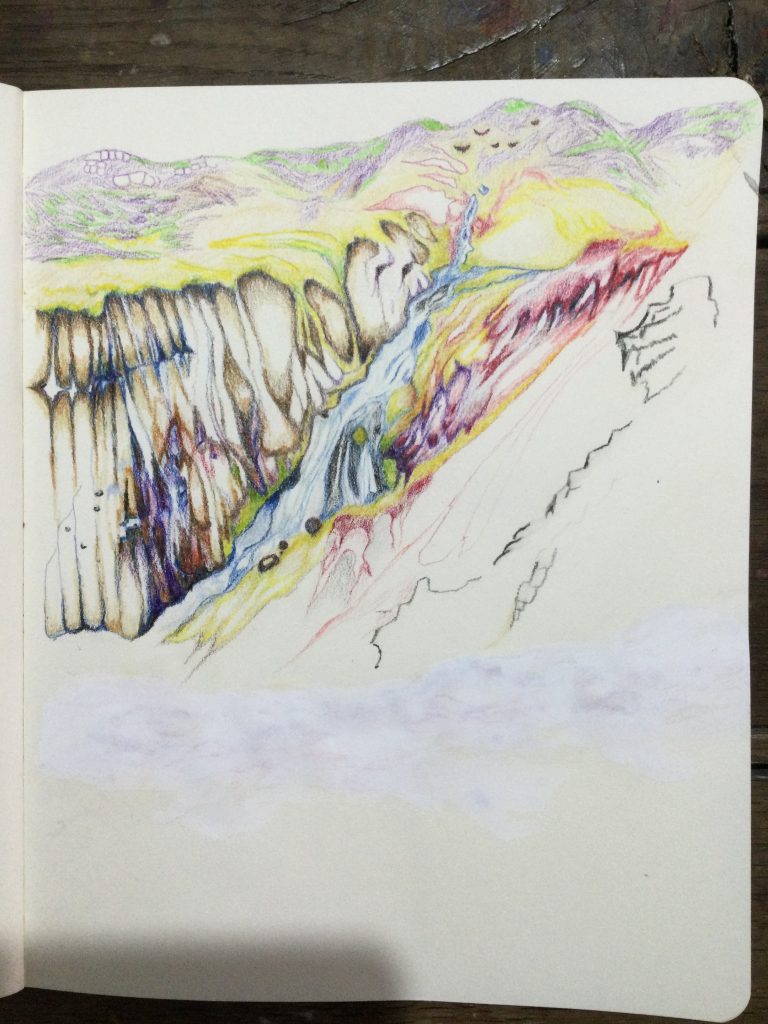
The 2022 Frontier in Psychology Review.detailed how arts-based interventions in nature can increase environmental connectivity and improve well-being in children and young people. More children report feeling unhappy or experiencing isolation and loneliness since the Covid-19 pandemic. Creative connectivity can lead to nature becoming a larger part of the children’s and young people’s identity, leading to increased environmental awareness, and promoting pro-environmental behaviour change.
Through a series of workshops in public and private spaces throughout the West Midlands, Watercourse Way is engaging with young people and intergenerational communities to co-create watery art and cultural events, deepening our intrinsic nature connections.
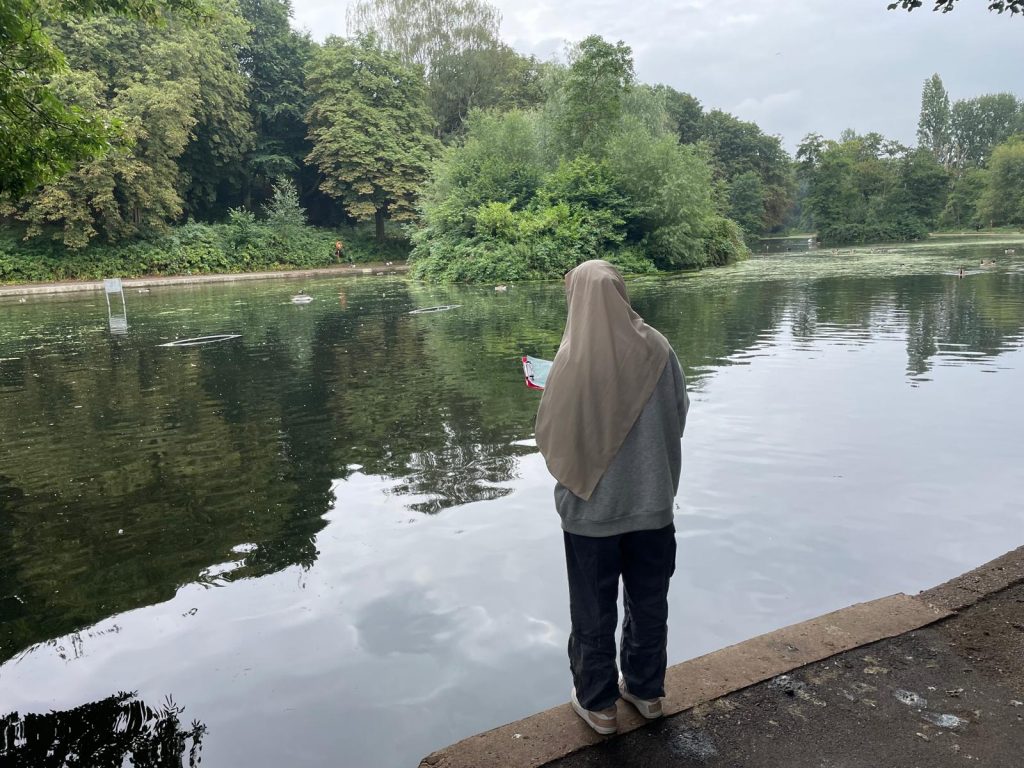
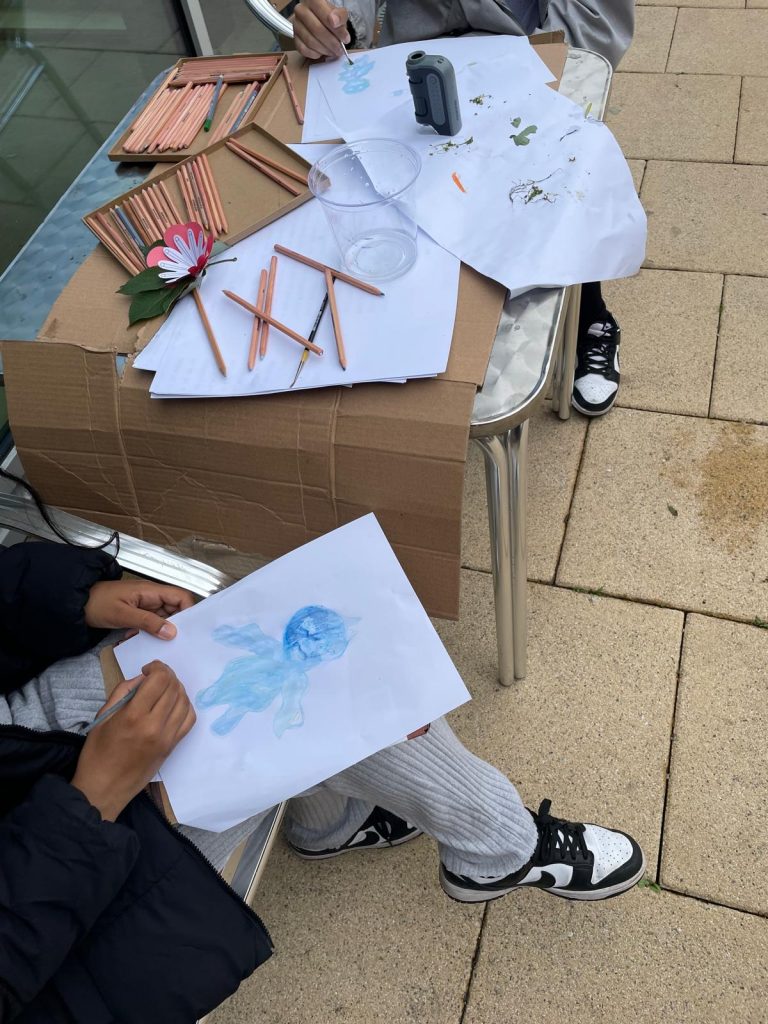
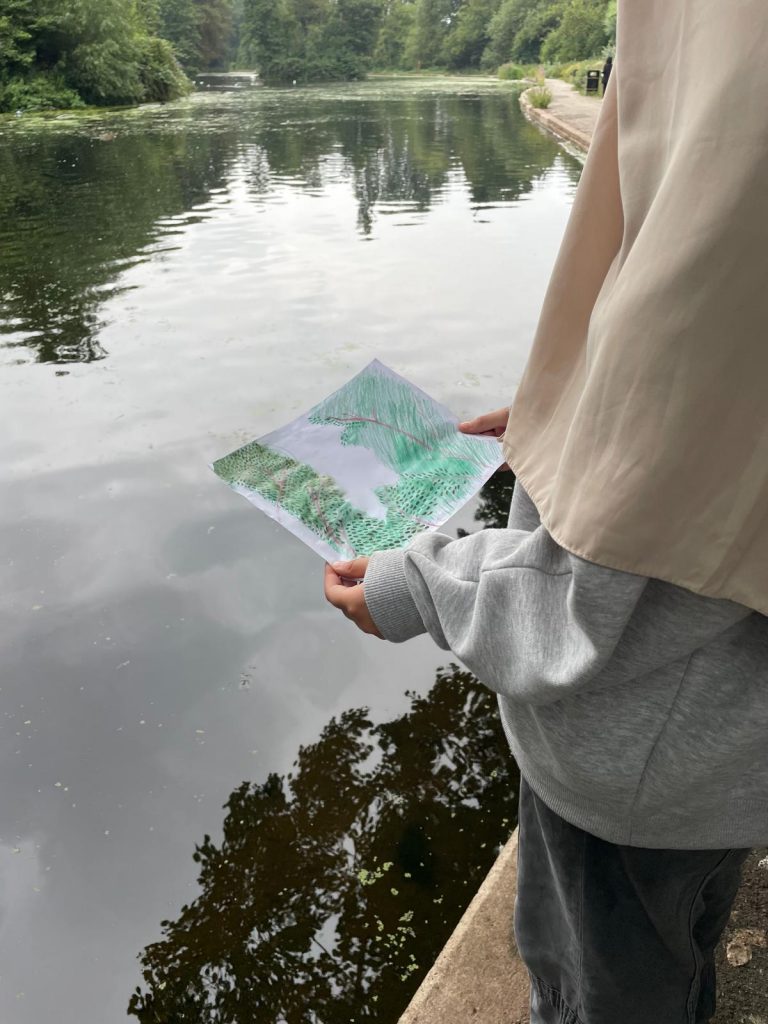
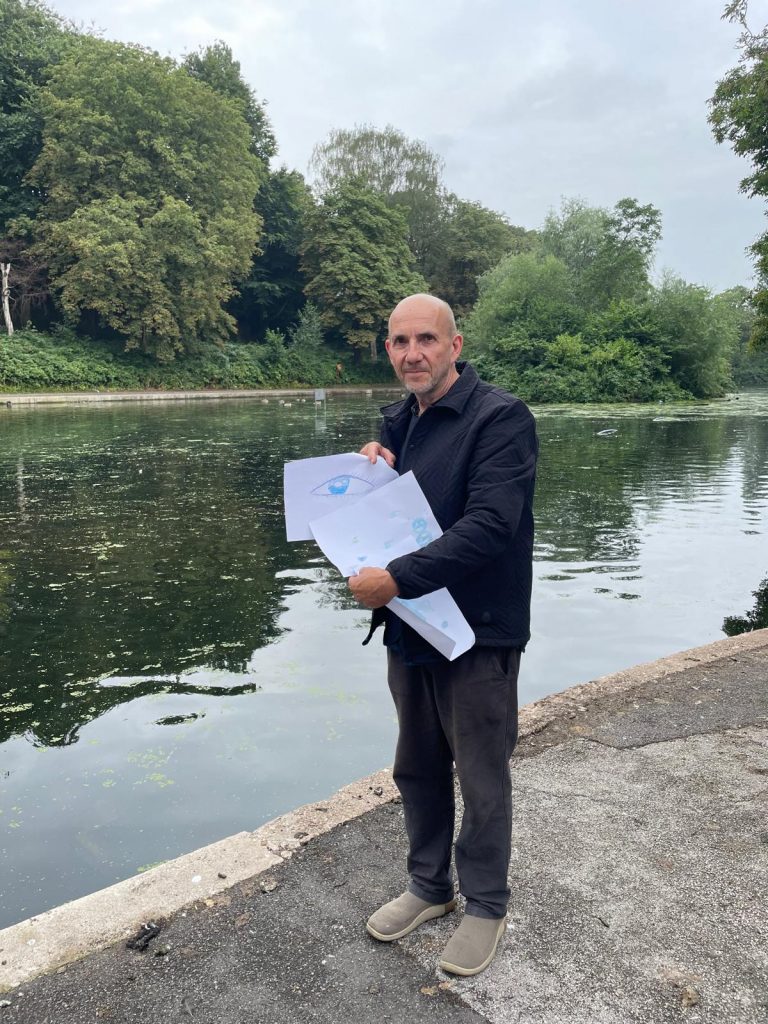
“People can experience the benefits of the water whether they’re near the ocean, a lake, river, swimming pool, or even listening to the soothing sound of a fountain. Most communities are built near bodies of water not just for practical reasons, but because as humans, we’re naturally drawn to blue space… But even if you aren’t in an area where there is easy access to water, you can still experience [its] emotional benefits.”
Wallace Nichols, Marine biologist and author of Blue Mind
